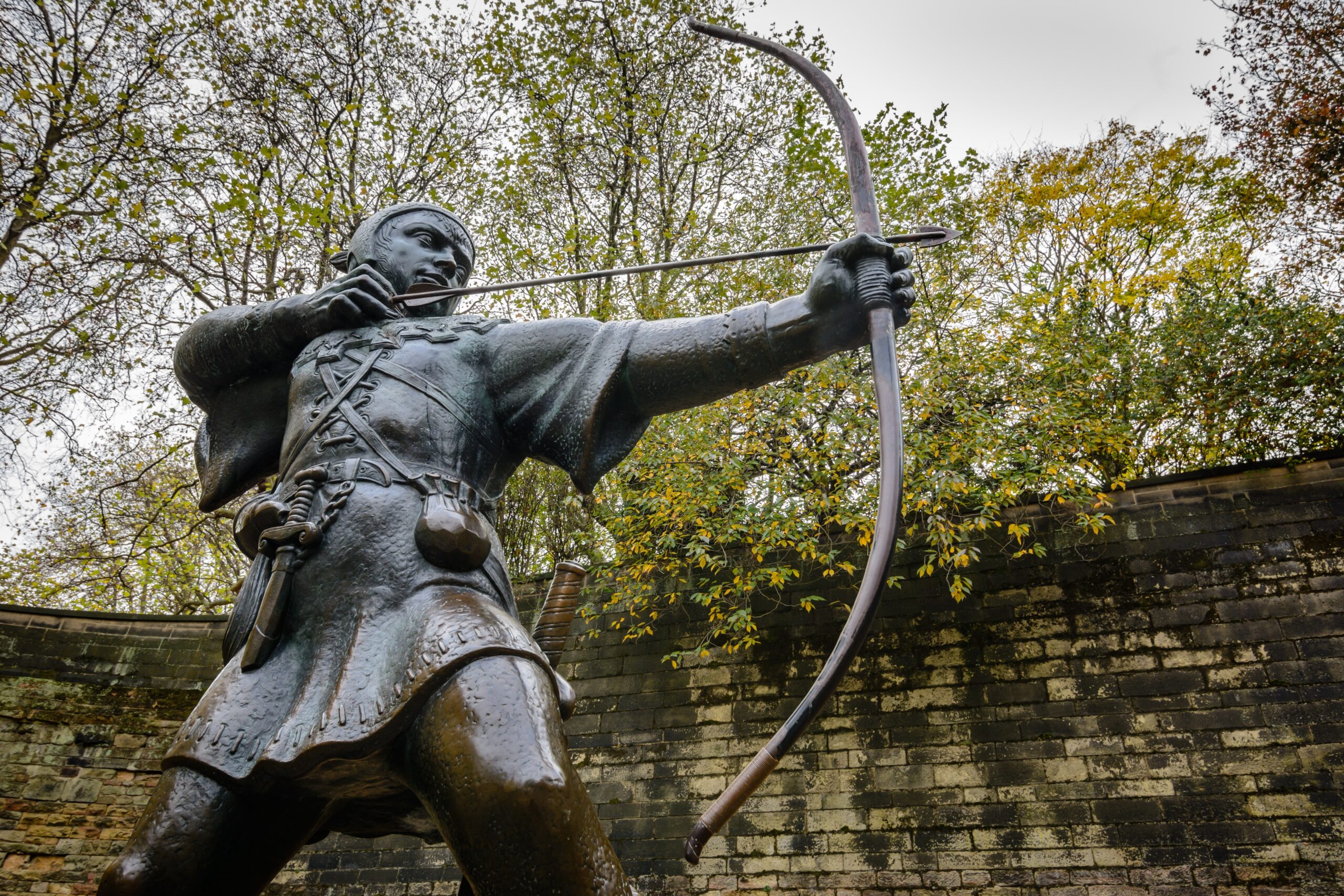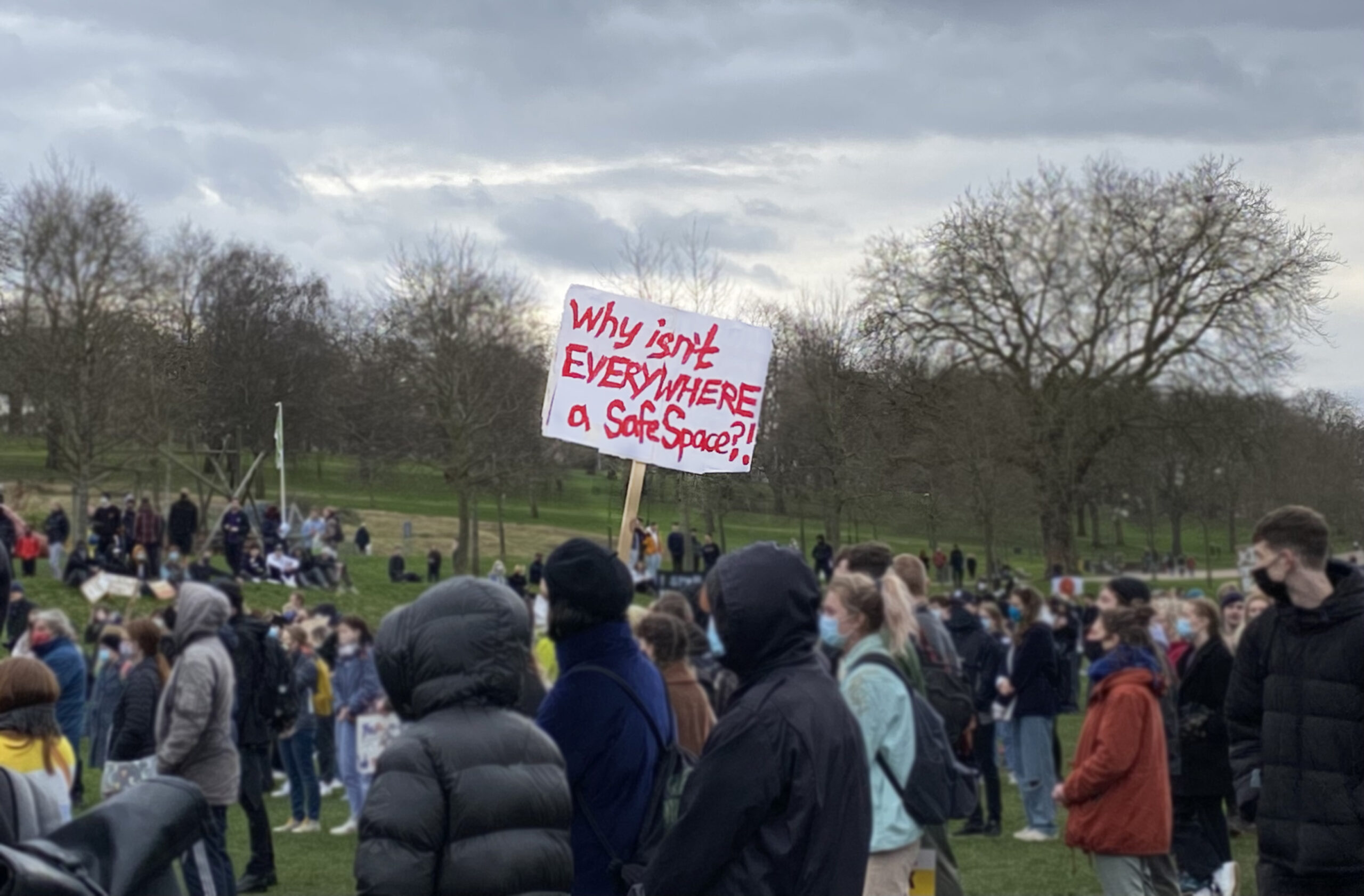Opinion: “Devastating, Tragic and Wholly Brutal” – Sarah Everard and the Prevalence of Violence Against Women.
Opinion: “Devastating, Tragic and Wholly Brutal” - Sarah Everard and the Prevalence of Violence Against Women.
On June 8, Metropolitan Police officer Wayne Couzens plead guilty to the kidnap and rape of 33-year-old Sarah Everard. The following month, on July 9, he also plead guilty to her murder. Everard had been walking back to her home in south London on the evening of March 3 when she was approached and stopped by Couzens under the pretence of a completely lawful arrest.
Over the following hours, Sarah was abducted, raped, and eventually murdered. Just shy of 7 months onwards, Wayne Couzens has received a life sentence at the Old Bailey. While imposing a whole-life order on Couzens, Judge Adrian Fulford described his crimes as “devastating, tragic and wholly brutal.”
Lord Justice Fulford went on to say that he had “eroded the confidence that the public are entitled to have in the police forces of England and Wales”. He stated: “It is critical that every subject in this country can trust police officers when they encounter them and submit to their authority, which they are entitled to believe is being exercised in good faith.” Couzens’ horrific acts weren’t the only ones to contribute to this erosion of confidence, however.
Less than a fortnight following Everard’s murder, police clashed with mourners at a vigil held at Clapham common; social media immediately lit up with footage of women paying their respects being manhandled and arrested by aggressive officers.
Much of the police response to Everard’s murder has been inconsistent and misogynistic. A spokesperson for the Met has said that individuals approached by a lone officer in a similar situation should “seek assistance”, this approach including knocking on a nearby door, waving down a bus, or (in painful irony) calling 999.
How does this slot into the cultural context? The public have always been sternly urged to comply with the authority of police officers for their own safety; case law establishes that an officer pulling you over to be questioned is within their lawful duty, meaning that a number of so-called safety measures, such as running into a house, could amount to obstruction or resisting arrest. Other choice pieces of advice such as attempting to verify whether the officer who has approached you has a valid warrant card entirely miss’ the point – Couzens was a genuine officer, and as such had the power to make arrests.
The National Police Chiefs Council stated that “it would be extremely unusual for an officer in plain clothes to be working alone”. The implication rings clear: the women in these situations should know better. Philip Allott, a police commissioner who oversees North Yorkshire police and the region’s fire service, told a local radio that women “need to be streetwise about when they can be arrested and when they can’t be arrested. She should never have been arrested and submitted to that.” A hasty apology came soon after, amid calls for Allott’s resignation, but the damage had been done.
Something thing lost in almost every conversation about what exactly women should be doing to avoid meeting the same fate as Sarah Everard is a focus on the perpetrator. Kent Police did not take action following an alleged incident of indecent exposure by Couzens in 2015, nor did they adequately investigate multiple similar incidents, including one in 2002 which was missed entirely in his vetting. It has been reported that Couzens’ ex-colleagues at the Civil Nuclear Constabulary assigned him the nickname “the Rapist”, years before he had joined the Met due to his behaviour around female officers.
Couzens was no random stranger roaming the streets at the time of the murder – he was a serving officer who had gotten away with his bad behaviour before. Everard being duped into submitting to a false arrest cannot be held against her memory when she was behaving the way all women are encouraged to, the way the entirety of the public have been encouraged to – by putting her trust in the authority police officers hold in our society. This smoothly leads us to asking the crucial question: does “following the rules” keep women safe?
Once CCTV footage of Everard’s final steps began spreading via news outlets, a common thread emerged. Even once her body had been found, each new article emphasised what exactly she had been wearing on the night of her murder. A green rain jacket, modest navy patterned trousers, complete with beanie and face mask. Multiple sources emphasised how appropriate this outfit was for an evening walk.
The implication, yet again, rings clear: Sarah’s case is all the more heart-breaking because she was a well-behaved woman, one who complied with the arbitrary moral values attached to clothing and was violated regardless. How unjust that a young woman could be brutalized like this when she was dressed so appropriately for a late-night walk! This is laughably unfair, of course. A short skirt shouldn’t warrant disrespect, and fishnet tights shouldn’t tempt men to murder.
Sabina Nessa, a 28-year-old primary school teacher was murdered on September 17, while making what should have been a five minute journey to meet a friend. Instead of reaching her destination, her body was found by a passer-by the following morning. At a news conference in relation to Ms Nessa’s death, Detective Chief Superintendent Trevor Lawry of the Met Police stated: “The streets are safe for women – people should be free to walk around free from fear.” The Met’s website proceeded to offer tips for “staying safe on the street”. Women shouldn’t wear headphones while walking. Women should stick to busy places and walk in good lighting. Women should hide their valuables, practice “safety in numbers” and pre-book their taxis home.
Yet Nessa was killed while walking through a well-used public park in the early evening, and Everard while walking a route almost entirely in the view of CCTV. Bibaa Henry and Nicole Smallman were murdered together in a public park months before the Everard case. “Safety in numbers” failed in saving their lives, nor did location-tracking apps or pre-booking a cab home. Adding insult to injury, PC Deniz Jaffer and PC Jamie Lewis were charged with misconduct in public office after taking inappropriate photographs of the murder scene. Police presence continues failing innocent women even in death.
In an ideal world, women would feel safe walking alone in any context. Most of us have accepted by now that this is not the world we live in, but there’s an additionally insidious element in not being able to trust those whose priority should be to protect. Wishful thinking won’t bring back any of these women’s lives, or the lives of countless others – but police reform could at least honour their memory.
By Maja Borcuich
Feature Image: Everard family (BBC News)




